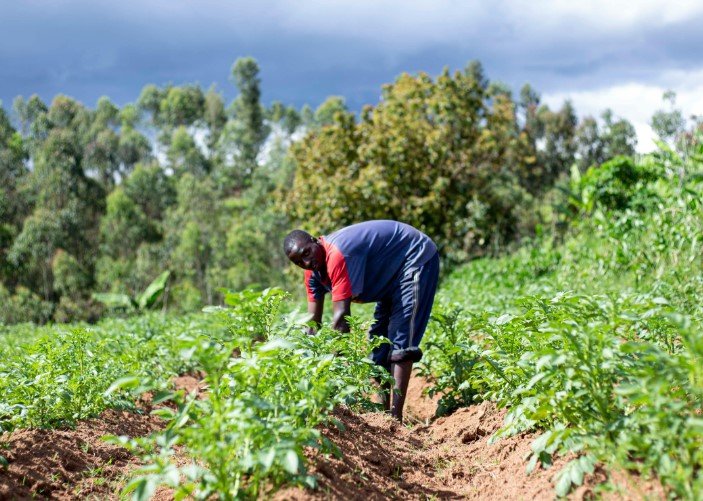On this Labor Day, attention is drawn to the ongoing struggle of farmworkers in Maine who are denied basic labor rights. Despite their crucial role in the agricultural sector, these workers face significant disparities compared to other laborers. The Maine Center for Economic Policy highlights how farmworkers, many of whom are from diverse backgrounds, lack protections such as minimum wage, overtime pay, and the right to organize. This article delves into the challenges faced by these essential workers and the efforts to address these injustices.
Historical Exclusions and Current Realities
Farmworkers in Maine, like many across the United States, have historically been excluded from fundamental labor laws. This exclusion dates back to the 1930s when New Deal legislation, such as the Fair Labor Standards Act (FLSA) and the National Labor Relations Act (NLRA), deliberately left out agricultural and domestic workers. These laws were designed to secure votes from Southern Democrats, who wanted to maintain an economically subservient workforce, predominantly composed of Black workers.
Today, Maine’s farmworkers, who include full-time residents, migrant workers, and those on H-2A visas, continue to face these historical injustices. They are denied the right to be paid no less than the state minimum wage, receive pay stubs, take unpaid rest breaks, and receive protection from excessive mandatory overtime hours. This lack of rights contributes to higher poverty rates among farmworkers, making them 4.5 times more likely to live in poverty compared to other workers.

Efforts to address these disparities have been met with resistance. For instance, Governor Janet Mills vetoed a farmworker wage bill, highlighting the ongoing struggle to secure equal rights for these workers. Despite these setbacks, advocates continue to push for legislative changes to improve the conditions for farmworkers in Maine.
Legislative Efforts and Advocacy
In recent years, there have been significant efforts to correct the historical wrongs faced by farmworkers. The Maine Legislature’s Labor and Housing Committee advanced a bill, LD 398, which aims to extend the state’s minimum wage and overtime laws to agricultural workers. This bill, sponsored by House Speaker Rachel Talbot Ross, seeks to officially recognize farmworkers as employees under Maine labor law, making them eligible for the state minimum wage and overtime protections.
The proposed legislation also includes measures to protect farmworkers from retaliation when discussing wages and working conditions. This is a crucial step towards ensuring that farmworkers can advocate for their rights without fear of losing their jobs. However, the path to passing this legislation is fraught with challenges, as previous attempts to expand labor rights for farmworkers have faced significant opposition.
Advocates argue that extending these protections is not only a matter of fairness but also essential for the well-being of the agricultural sector. By ensuring that farmworkers are paid fairly and have safe working conditions, Maine can support a more sustainable and equitable agricultural industry.
The Human Impact and Future Prospects
The lack of labor rights for farmworkers has profound human impacts. Many farmworkers endure long hours, low wages, and unsafe working conditions, which take a toll on their physical and mental health. These workers, who play a vital role in producing the food that sustains communities, deserve the same protections and rights as other laborers.
Looking ahead, there is hope that continued advocacy and legislative efforts will bring about meaningful change. The push for farmworker rights in Maine is part of a broader movement across the United States to address the historical exclusions and ensure that all workers are treated with dignity and respect. By raising awareness and pushing for policy changes, advocates aim to create a more just and equitable future for farmworkers in Maine and beyond.
As we reflect on Labor Day, it is crucial to remember the contributions of farmworkers and the ongoing fight for their rights. Ensuring that these essential workers receive fair treatment is not only a matter of justice but also vital for the health and sustainability of our agricultural sector.

Comments